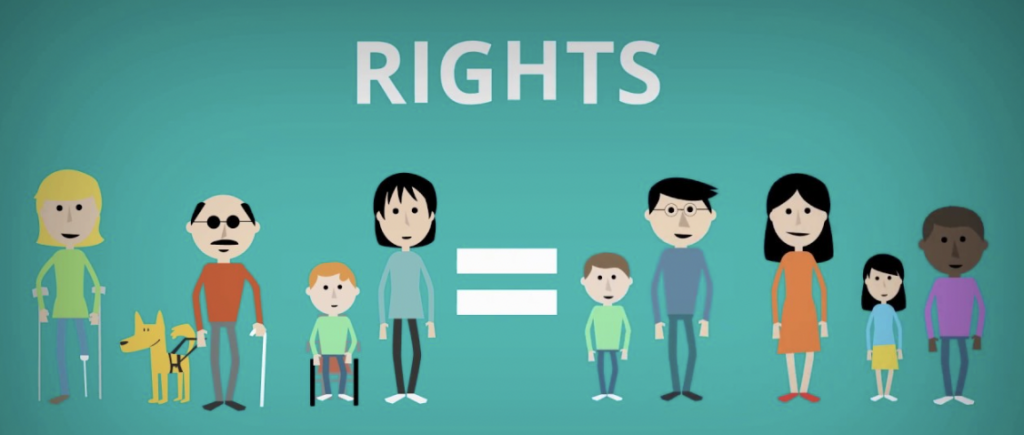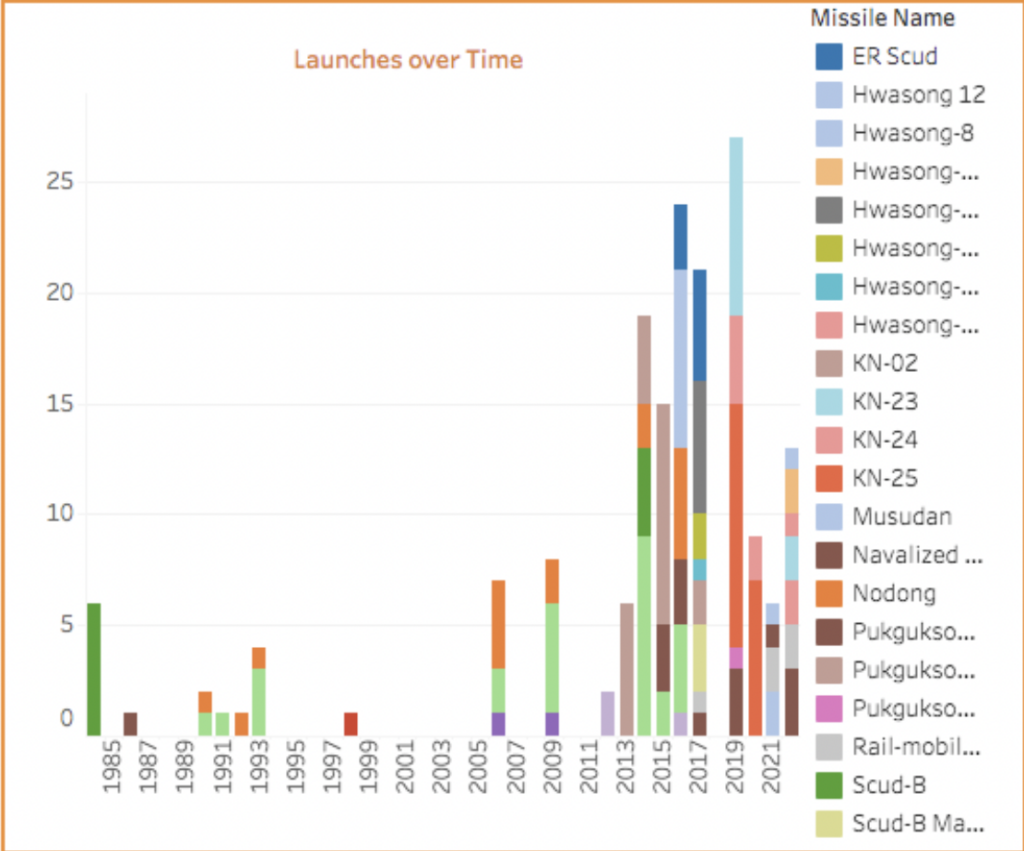Our Mission
The Public Policy module seeks to analyze the role policy plays a role in Global Development. In order for any development project to be given the green light, it must suit the needs of policy-makers. Our module seeks to simplify the connection between project managers and policymakers. We compiled examples of the intersection between development and policy from regions across the world. Using these examples, the effects of development on policy will be examined and studied.
We have compiled 7 case studies that discuss the intersection between global development and public policy. Each case study serves to highlight an example of the seven values of worthwhile development, as defined in the Routledge Handbook, being practiced or not being practiced. The case studies range in both examples policy and region.
Themes:
Across the various case studies, a common theme emerges: the intersection of policy, social justice, and the unintended consequences of governance structures. Whether addressing U.S. drug policy, gender equality, disability rights, environmental protection, or international diplomacy, the recurring challenge is how structural inequalities, such as racism, patriarchal systems, or political power imbalances, undermine the effectiveness of well-intentioned policies. In each case, policies designed to improve health, rights, or economic outcomes are conflicted and frustrated by deeper systemic issues, such as racial discrimination in drug enforcement, patriarchal interpretations of religion, or uncoordinated environmental measures.
This leads us to another related theme: the need for comprehensive, coordinated approaches to policy implementation. For instance, in U.S. drug policy, Good Samaritan Laws aim to protect individuals seeking help during an overdose, yet conflicting laws and systemic racism diminish their effectiveness. Similarly, China’s carbon pricing policy is weakened by uncoordinated renewable energy subsidies, which, while beneficial, lower the impact of carbon markets. These examples highlight how policy efficacy depends not only on well-crafted laws but also on the structural barriers that prevent them from achieving their intended outcomes. A deeper commitment to transparency, equity, and collaboration among governing bodies is essential for advancing the social, environmental, and economic goals outlined in these case studies.








